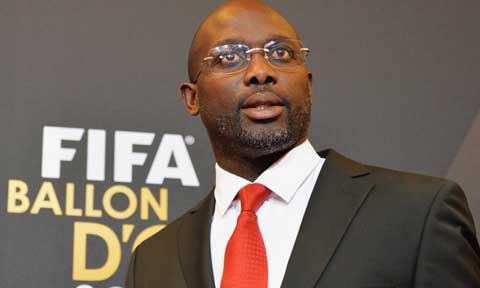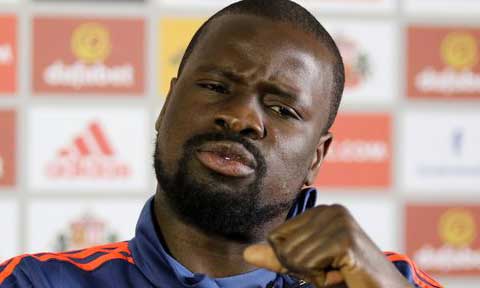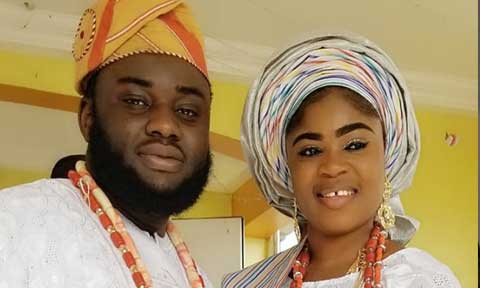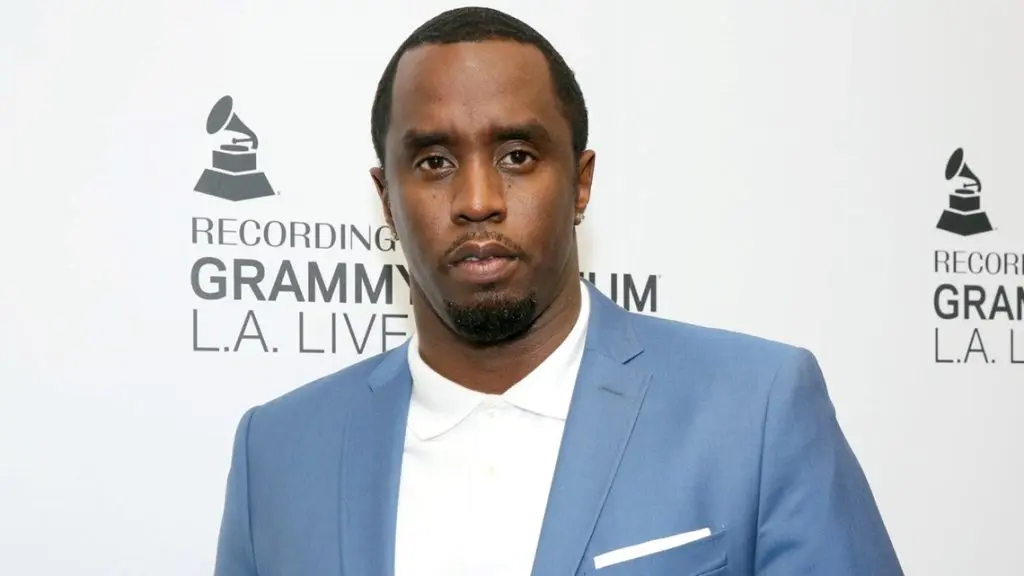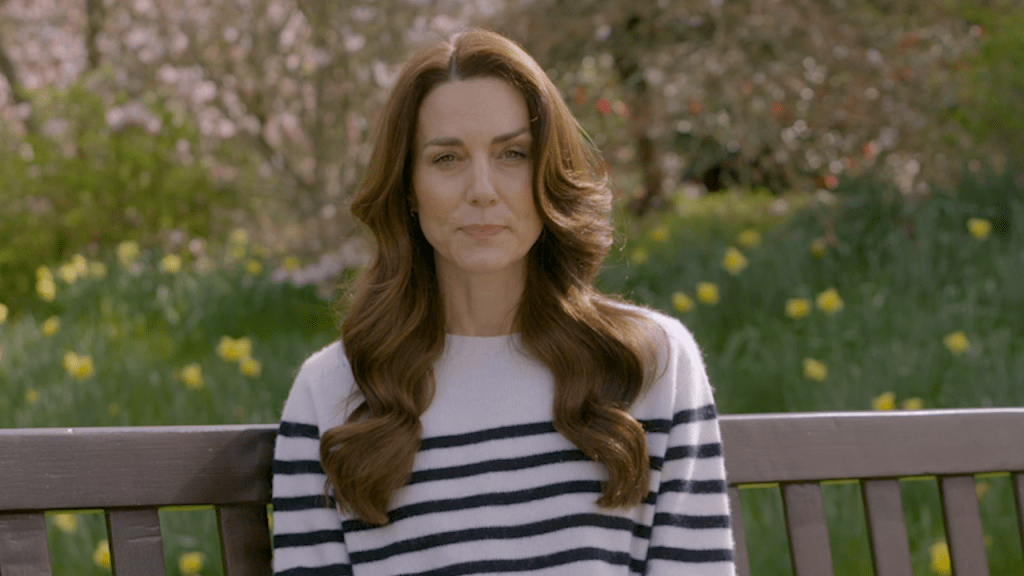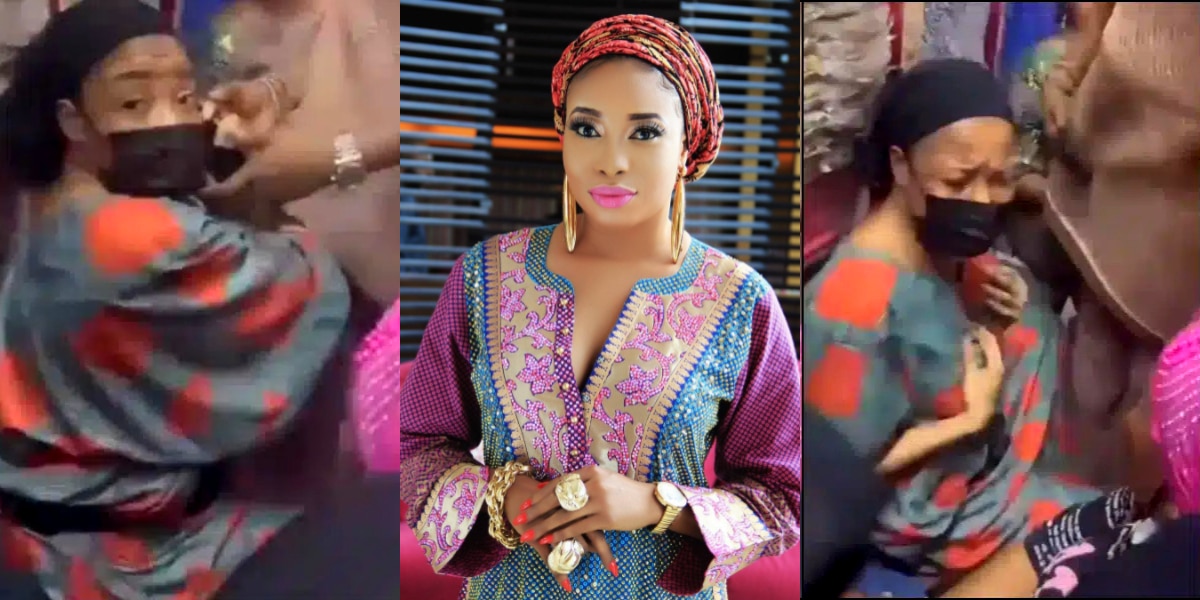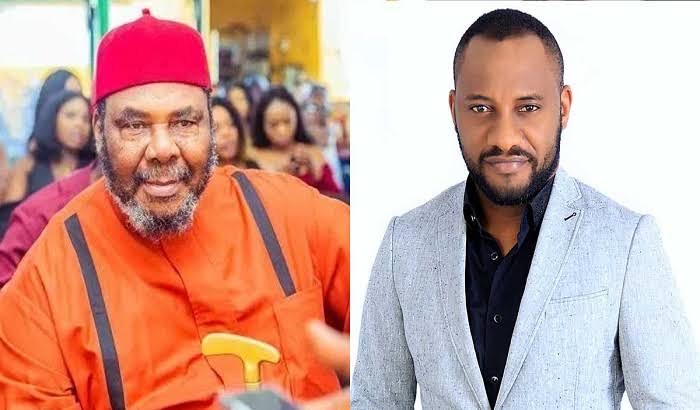Weah shot himself in the lead, trouncing his opponent with a landslide victory in Tuesday’s second round of voting.
Despite the world waitring for the official announcement to be made by the Electoral Commissioner of Liberia, the former World Footballer of the Year swept 13 out of the 15 counties with his 73-year-old opponent Joseph Boakai getting only two counties.
Weah markedly improved on his showing from the first round of the election where he won 11 out of the 15 counties, sweeping to the emphatic victory to become the new President.
Boakai could only win his home country of Lofa and Gbarpolu.
The former iconic footballer becomes the first famous player in the world to clinch the high office of a country after retiring from the game.
The delayed vote on Tuesday pitted George Weah, a 51-year-old ex-international football star and Liberian senator, against 73-year-old Joseph Boakai, who has been the country’s vice president for the last 12 years.
Weah, who topped the first round of voting in October but did not secure the 50 percent needed to win outrightly, won the runoff after soundly beating Boakai.
Weah first sought the presidency in 2005 but lost to Johnson Sirleaf in the runoff. That defeat, and his subsequent election to the Liberian Senate in 2014 – representing Montserrado County, the country’s largest senatorial district – has provided him with what he describes as a “valuable learning experience”.
A major negative against Weah in 2005, particularly among the political elite, was the lack of a proper education but he has taken care of that over the past six years: he obtained his high school diploma in 2006, aged 40, and went on to DeVry University in Florida, obtaining a bachelor’s degree in business management in 2011 and a master’s degree in public administration two years later.
Sources close to George Weah’s camp have been jubilating after claiming 80% of the votes counted so far.
Weah took to social media to give a disguised victory message telling his supporters he is on ‘the verge of making history for our people’ and thanked the people for their votes.
The finals results are expected four days but efficiency of the electoral body has resulted in votes being counted faster.
According to observers from the EU and the Liberia Elections Observation Network (LEON), a network of civil society associations, voting was conducted much faster than in the first round, thanks in particular to lists of the electorate several days in advance and better training of staff to supervise the vote.
Nearly 2.2 million people were eligible to vote in the runoff in the West African country.
Initially scheduled for November 7, the vote was delayed after the party of a third candidate filed a legal complaint alleging voter fraud and irregularities.
Both Weah, the candidate for the Congress for Democratic Change (CDC), and Boakai, of the Unity Party, had promised to revive Liberia’s struggling economy and kickstart infrastructure projects but it is clear the former footballer will now bear that responsibility.
Liberians are effectively choosing a successor to President Ellen Johnson Sirleaf, Africa’s first elected female head of state, whose 12-year rule helped cement peace in Liberia after two bloody civil wars, which spanned 14 years before ending in 2003.
